
An employee works on a chip production line in Suqian, Jiangsu province. (PHOTO by FANG DONGXU/FOR CHINA DAILY)
China will continue striving to be self-reliant in science and technology, improve its system to mobilize resources nationwide and leverage the role of the government in gathering resources to make key scientific and technological breakthroughs, Premier Li Keqiang said on Sunday.
Over the past five years, China has made remarkable progress in science and technology, according to the Government Work Report delivered by Li at the opening of the first session of the 14th National People's Congress in Beijing.
The country has made major breakthroughs in key areas such as manned spaceflight, lunar and Mars explorations, supercomputing, satellite communication, quantum information technology, nuclear power, aircraft manufacturing and artificial intelligence, the report said.
Future policies related to science and technology should focus on self-sufficiency, it said. China will increase support for basic sciences, strengthen private enterprises' role as the primary innovator in science and technology and facilitate reforms to better train and utilize scientific talents, it noted.
According to the report on economic and social development released by the National Development and Reform Commission on Sunday, China has risen to 11th place on the Global Innovation Index 2022, and its industry and supply chains have increasingly become more stable and resilient.
China's R&D spending exceeded 3 trillion yuan ($434 billion) for the first time last year, accounting for 2.55 percent of the country's GDP.
"We moved faster in boosting China's strength in strategic science and technology, made solid progress in establishing a system of national laboratories, accelerated the development of international and regional centers for scientific and technological innovation, and resolved bottlenecks by achieving breakthroughs in some core technologies in key fields," the report said.
It said that China will accelerate the advancement of major projects and launch a number of national science and technology projects that are of strategic, overarching and long-term importance in key fields.
In addition, the country will increase its investment in science and technology through diverse channels, and promote closer enterprise-led collaboration among industries, universities and research institutes, while boosting industrial applications of scientific and technological advances.
At the same time, China will make extensive efforts to help people learn more about science and improve the whole nation's science literacy, the report added.
According to this year's draft budget by the Ministry of Finance, China will invest more efficiently in science and technology, while sparing no effort to ensure necessary funding for research on core technologies and national security.
China will improve the funding system for the National Natural Science Fund and carry out pilot programs for training basic research personnel. China will make funds available for every major project highlighted in the Science and Technology Innovation 2030 Agenda, as soon as they are ready to begin, the ministry said in the report.
"We will improve the structure of science and technology expenditure and make overall plans for project funding to avoid redundant spending," the report on the draft budget said. "We will work to further reform the mechanisms for allocating and using government research funds, and grant scientists a greater say when it comes to determining technological road maps and spending research funds."
China will allocate 6.5 billion yuan for scientific and technological advancement at the local level under the guidance of central authorities, an increase of 2 billion yuan, thereby supporting the development of regional hubs for innovation.
Meanwhile, it will also explore funding management mechanisms for launching global scientific projects in an effort to strengthen international cooperation.








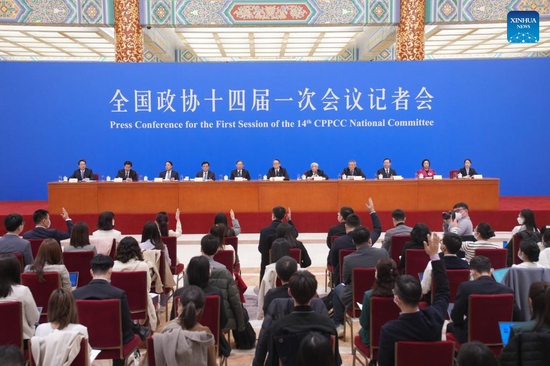
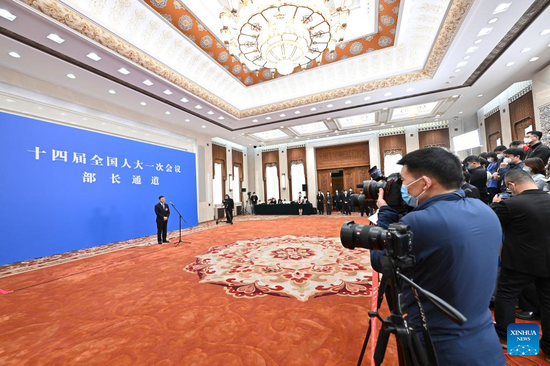
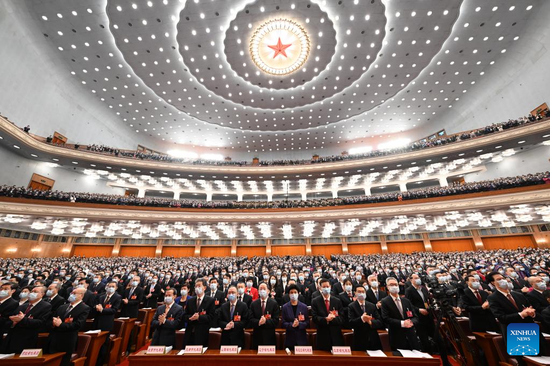
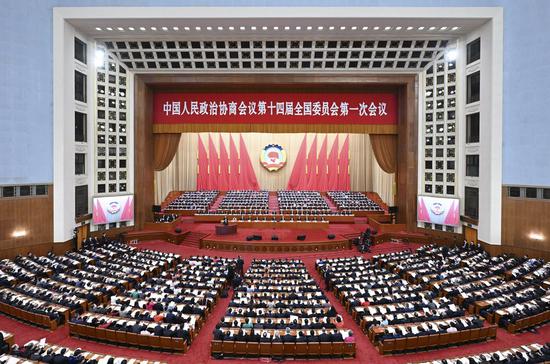
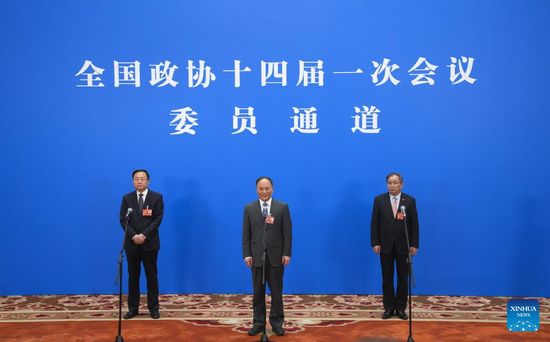
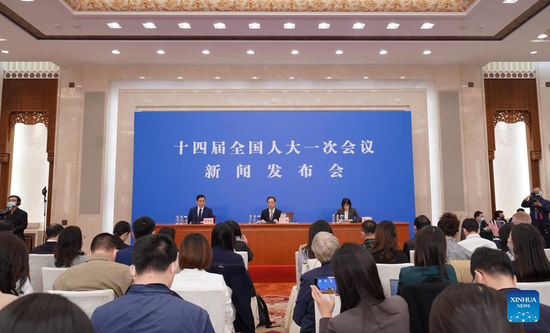
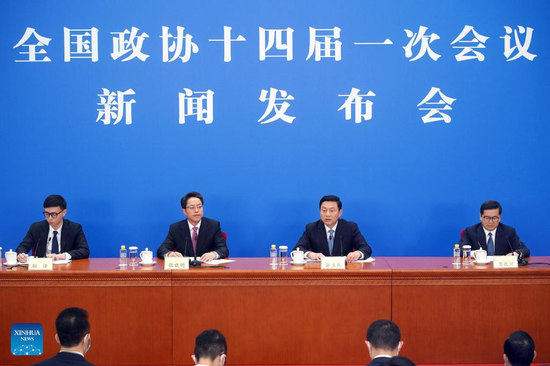


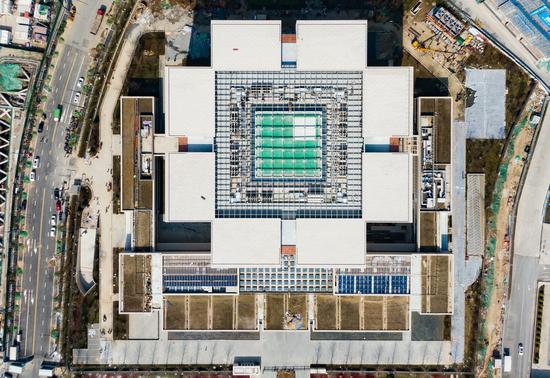

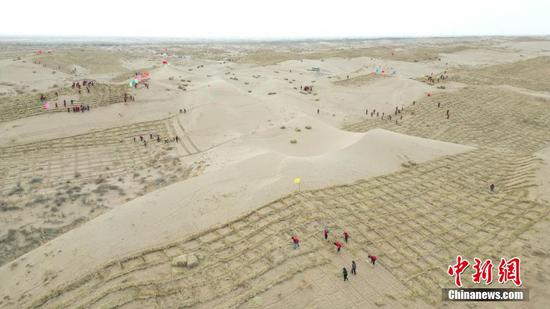





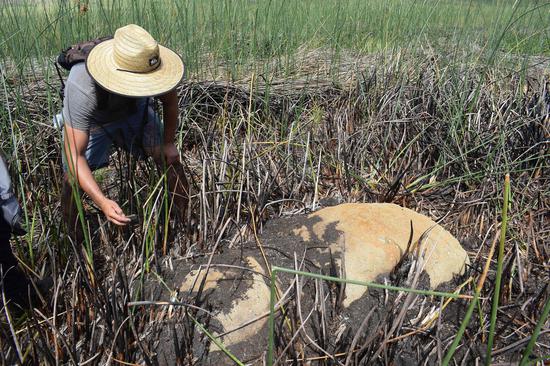

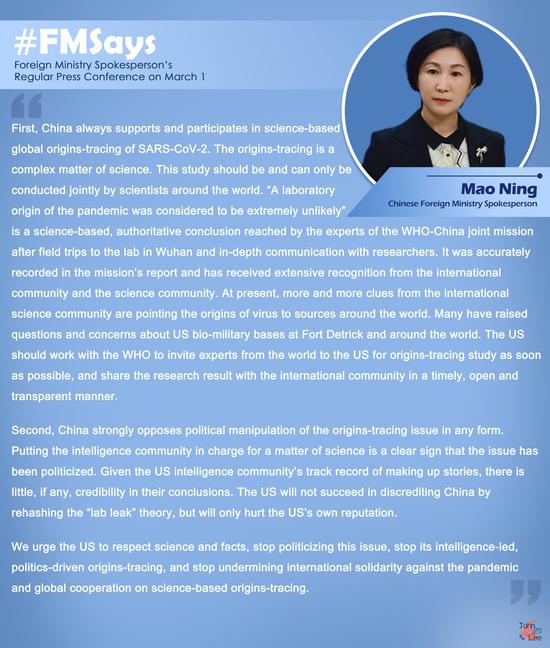



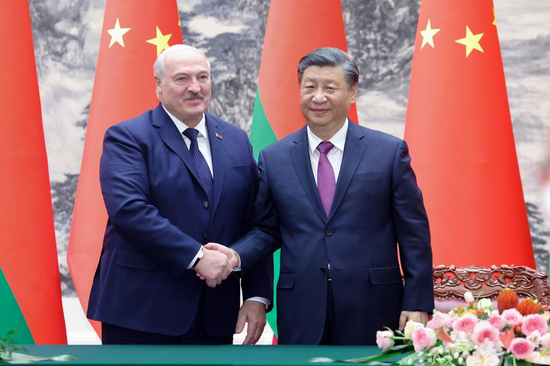


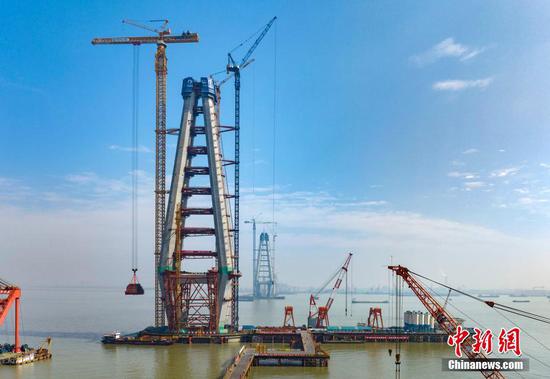
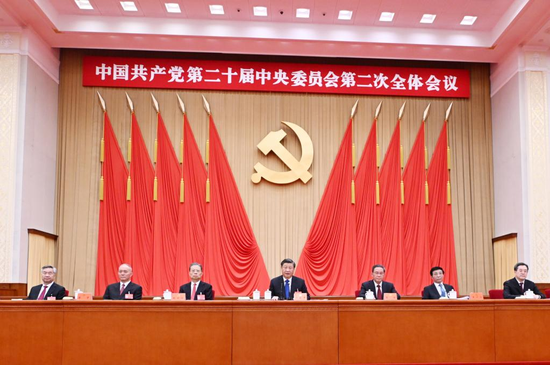














 京公网安备 11010202009201号
京公网安备 11010202009201号